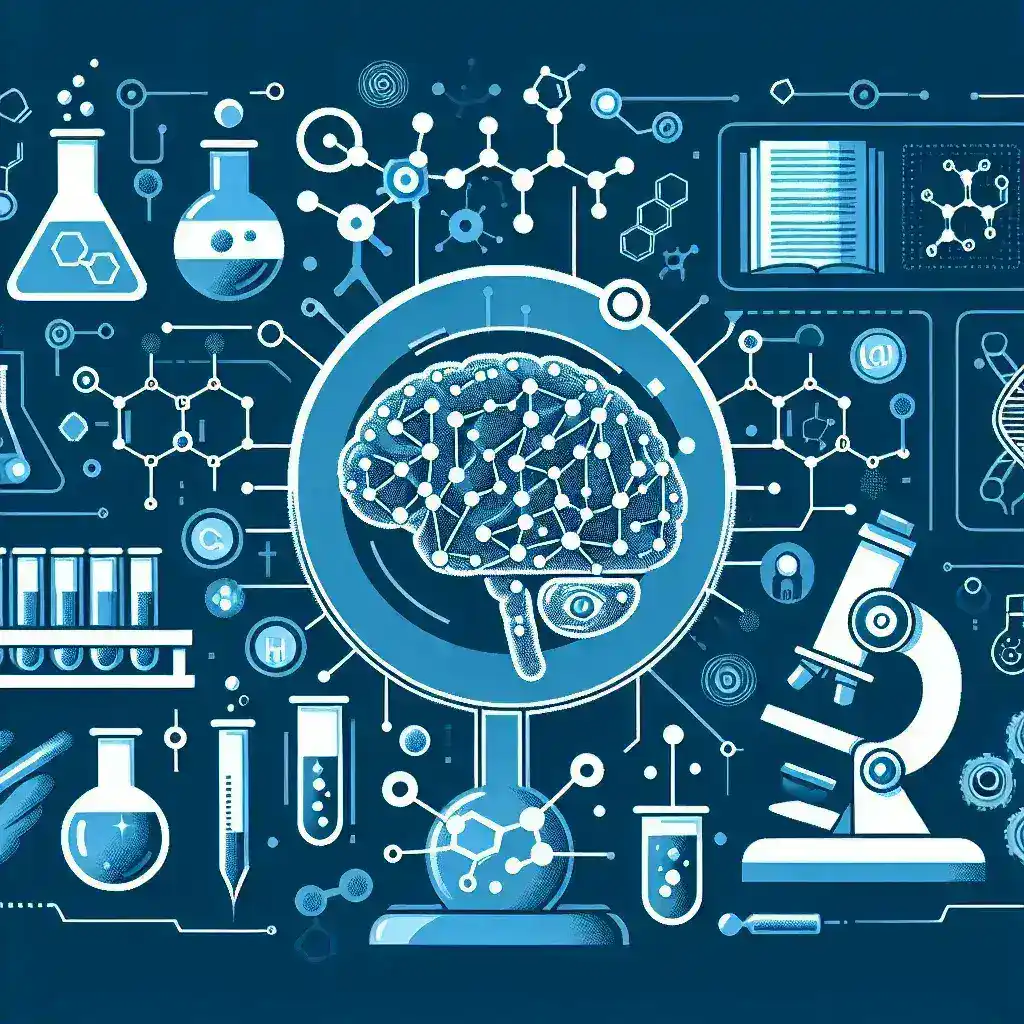Introduction
The pharmaceutical industry is experiencing a paradigm shift with the integration of artificial intelligence (AI) in drug discovery and development. This transformative technology is streamlining processes, reducing costs, and accelerating the timeline for getting new medications to market.
How AI is Revolutionizing Drug Discovery
1. Accelerating the Drug Discovery Process
Traditionally, drug discovery is a lengthy process that can take over a decade. AI algorithms analyze vast datasets to identify potential drug candidates swiftly, significantly decreasing the time required for initial screening.
2. Predictive Modeling
AI employs machine learning models to predict how different compounds will behave in biological systems. This capability allows researchers to focus on the most promising candidates, streamlining the planning and execution of experiments.
3. Molecular Structure Prediction
AI technologies such as deep learning can predict the properties of new compounds based on their molecular structure, enabling scientists to design more effective drugs tailored to specific targets.
The Role of AI in Drug Development
1. Enhanced Clinical Trials
AI helps in selecting suitable candidates for clinical trials by analyzing patient data to ensure diverse and appropriate representation. It also optimizes trial designs, making them more efficient and cost-effective.
2. Real-time Monitoring
With AI, researchers can monitor clinical trial data in real-time, enabling quicker adjustments to protocols and reducing the likelihood of costly errors.
3. Personalized Medicine
AI enables the development of personalized medicine approaches, where treatment plans and drug dosages are customized based on individual patient characteristics and genetics, increasing the likelihood of therapeutic success.
Challenges and Considerations
1. Data Privacy
The utilization of AI in drug discovery raises concerns regarding patient data privacy and the ethical implications of using sensitive information.
2. Integration with Existing Systems
Many pharmaceutical companies face challenges in integrating AI technologies with existing research infrastructures, necessitating significant investments and training.
Conclusion
The integration of AI in drug discovery and development marks a significant advancement in the pharmaceutical industry. While challenges remain, the potential benefits in terms of efficiency, cost reduction, and improved patient outcomes position AI as a crucial tool in the future of medicine.

